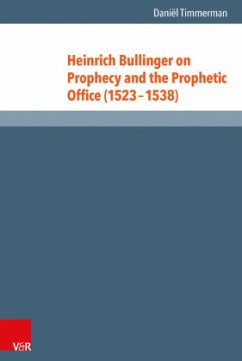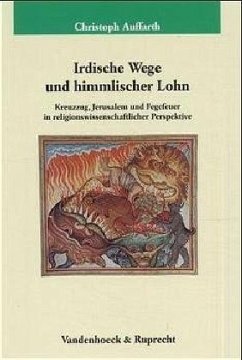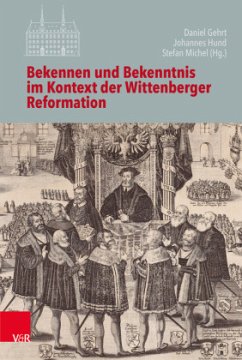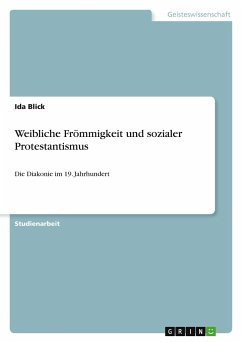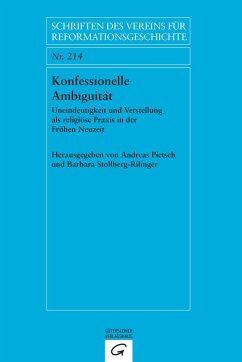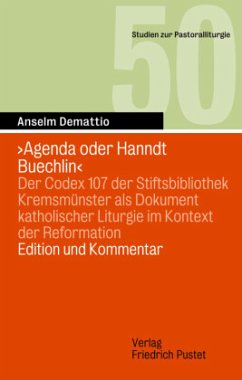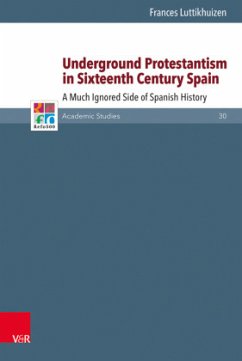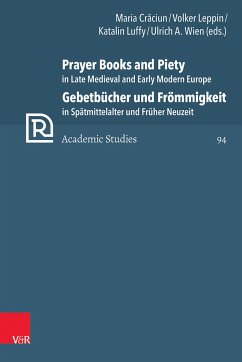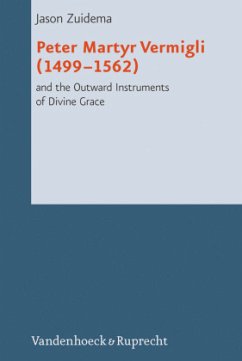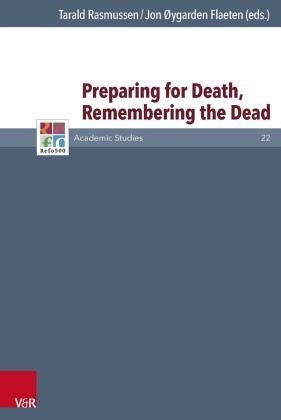
Preparing for Death, Remembering the Dead

PAYBACK Punkte
0 °P sammeln!
Death and dying were not in the main focus of the denominational conflicts of the 16th century. However, pious literature covered these topics again and again, not only before the Reformation, but after it as well. Here, certain denominational differences are clearly visible. Partly, these differences consist in the use of genres: For example, funeral sermons are an often used genre among Lutherans, while they are much rarer in the Reformed tradition. Similar differences can be observed concerning epitaphs. In Roman Catholic areas, funeral sermons and epitaphs are common in the 16th century, t...
Death and dying were not in the main focus of the denominational conflicts of the 16th century. However, pious literature covered these topics again and again, not only before the Reformation, but after it as well. Here, certain denominational differences are clearly visible. Partly, these differences consist in the use of genres: For example, funeral sermons are an often used genre among Lutherans, while they are much rarer in the Reformed tradition. Similar differences can be observed concerning epitaphs. In Roman Catholic areas, funeral sermons and epitaphs are common in the 16th century, too; but their religious function is often a different from the one in Lutheranism. Beyond such interdenominational differences, there are also interesting continuities and connections which the contributors of the volume analyze. For example, there is a certain continuity between 16th century Lutheran funeral sermons and the late medieval tradition of ars moriendi.The volume contains papers presented at the Second RefoRC Conference in Oslo in 2012, and is characterized by a multiconfessional and multidisciplinary approach, with contributions from Church History, Art History, Archaeology, History of Literature and Cultural History. Within a field of research dominated by specialized contributions (e.g. on ars moriendi traditions or on specific traditions of funeral monuments and funeral sermons), the broad approach of this volume may further stimulate to comparative and cross-confessional reflection.
Dieser Artikel kann nur an eine deutsche Lieferadresse ausgeliefert werden.




